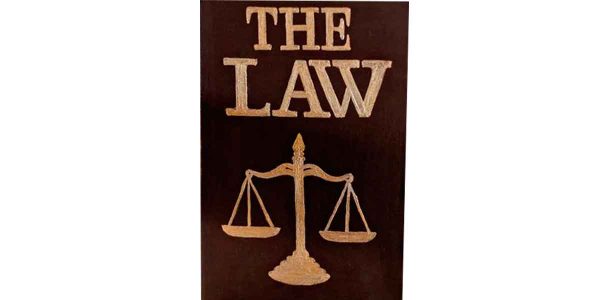A probate process helps in the rightful possession of a will. A probate court, which has the legal authority to resolve issues relating to wills and estates, oversees the procedure.
What Determines Probate
The court determines the validity of the will during probate. It will also designate an executor, locate and appraise assets, and settle the estate’s debts. The beneficiaries and heirs of the deceased will then receive the remainder.
Probate Laws As Per State
States have different probate laws. For instance, the court uses a streamlined process in California to pass estates under a certain threshold to heirs. The heirs may request that the court “set aside” the estate if the property’s value is less than $20,000. There is a requirement to fill out the form for this procedure.
The heirs may file a declaration requesting the distribution of the estate if the estate has a value of $166,250 or less. This is less complicated than the entire probate procedure but a little more complicated than the procedure for a smaller estate.
How Do Legal Fees For Probate Work?
The cost to appear in probate court will vary depending on the attorney’s method of billing for the work in states where there is no regulation of probate attorney fees. Lawyers typically bill for probate work in one of three ways:
By the Hour: Billing by the hour is probably the most typical practice. However, depending on the state and the level of experience of the attorney, the fee and cost to hire one will change.
Experience attorneys are expensive. However, they are more comfortable knowing the probate lawyer’s total cost because they know how long the work takes, according to some attorneys.
Percentage of the Estate: In some states, the court allows the attorneys to charge a fee based on a portion of the estate’s proceeds. It is legal for attorneys to charge percentage fees in about seven states.
There is the settlement of most probates for $2,500 or less in legal fees. A quarter of cases cost more than $10,000, with about 45 percent costing between $2,500 and $10,000. Larger and more complicated estates are undoubtedly the ones with higher costs for the probate attorney.
Fees
The court charges the percentage of fees as a probate fee. For example, in Maharashtra, assets under 50,000 are subject to a court fee of 25, purchases between 50,000 and 2 lacks are subject to a court fee of 4, and assets over two lahks are subject to a court fee of 7.5 percent. There is a cap of $75,000 available.
Is there always a requirement for probate?
It is crucial to know whether a probate is necessary after a person’s passing. The conclusion of the probate procedure can take a long time. The settlement and distribution of the estate’s assets will take longer the more complicated or contentious it is. Cost increases as duration increases.
Estates without a valid will typically cost more to probate than those that do. However, each still requires a lot of time and money. Additionally, avoiding probate would guarantee that all settlements are conducted in private because a probate court’s proceedings are publicly documented.
Different states have different laws regarding probate and whether it’s necessary after a testator’s passing. Certain conditions have an outline.
Some states have a set estate value that necessitates probate. For instance, according to Texas’s probate laws, one can avoid probate if the estate’s value is less than $75,000. The asset of an estate claims using alternative legal procedures, like an affidavit, if the estate is small enough to avoid the probate procedure. Ordinarily, the court does not start probate if a deceased person’s debts exceed their assets.
Some assets can avoid probate. There is no requirement of probate for designated beneficiary pension plans, life insurance payouts, 401k plans, medical savings accounts, or individual retirement accounts (IRAs). In addition, one can avoid probate procedures in survivorship.
Using trust is another well-liked method of avoiding probate
In general, it may be wise to reduce probate-related expenses. Examples of accumulated costs include court fees, labor costs for expert testimony, and administrative fees. One of the most popular ways to quickly get through a probate process and effectively distribute assets is to have an easily authenticated will.
Probate alternatives
Depending on the state law and the types of assets involved, it may be possible to avoid probate in many situations. As tenants in common, for instance, spouses may own property together. If one spouse dies, the other spouse might take over as the only property owner.
The designation of beneficiaries is frequently permitted in investment accounts and insurance policies. Therefore, beneficiaries have the right to these accounts’ assets without going through probate.
Revocable living trusts are transferred to the designated successor trustee listed in the trust documents. Before the trust maker’s passing, any assets transferred into the trust were not subject to probate.
Conclusion
Probates ensure the fair distribution of a person’s assets and possessions after passing. The term “estate” refers to a person’s assets and possessions that must be divided after death. The state and county where the deceased person resided at the time of their death will host the probate proceedings.







